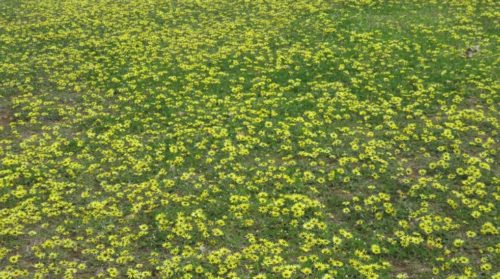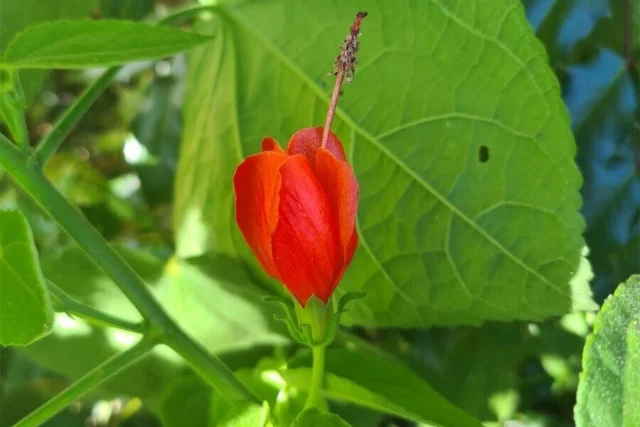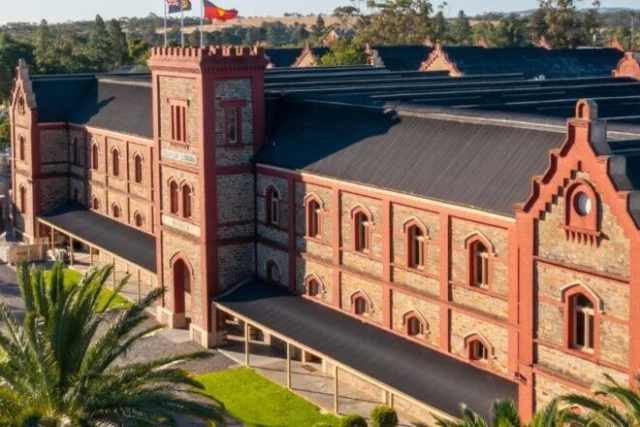
Gardening writer CEDRIC BRYANT says conditions are perfect for colourful cape weed to bloom on the nature strips.
THE masses of yellow flowers on virtually every nature strip at present are not part of Mr Barr’s alternate Floriade, colourful as they are.

Arctotheca calendula may not be a familiar plant name to most. Commonly known as cape weed or cape dandelion; from the Cape Province of South Africa, it’s an annual that germinates in late spring and flowers in autumn, usually dying down in late summer. It’s classed as an environmental weed in most states.
The seeds can lay dormant for years until the right conditions, and this year, with regular rainfall, has been perfect. The only way to get rid of cape weed invading the garden is to dig it out while it’s in full flower, before it sets seed.
HANGING baskets often adorn verandas, with the plants possibly having died years ago. One of the main reasons is the liners used for the baskets. I have found coconut liners useless. Firstly, water drains straight through and secondly, birds, especially in spring, find the coconut fibre delightful for building their nests. The solution is a sponge multi-coloured carpet underlay. I have hanging gardens with this liner that are more than 10 years old, and the plants still look happy. Place the blue plastic on the inside and punch a few holes for drainage.

For a massed display of one plant in hanging baskets, try phlox, seen here growing in the Horticultural Society’s demonstration garden at Bruce is P. “McDaniel’s Cushion”. Who was or is McDaniel, perhaps a reader can help me? Phlox works as a groundcover or in baskets, and presents a spectacular show. There are at least a dozen different coloured varieties readily available.
I’VE been experimenting with hellebores as a cut flower for the home. After almost eight weeks with just the occasional change of water, the flowers finally started to fade and droop. Pretty amazing! Hellebores have seemingly delicate, paper-thin flowers in a variety of colours, from white to pink and deep purple.
IF YOU have not already done so, perennial, autumn-flowering salvias should be cut back to ground level. It’s still a good time to dig up and divide the plant, trimming back the scraggly roots for two possibilities, filling in bare spots in your own garden or potting up for the church/school plant stalls. When transplanting in the garden, dig in some of that good stuff from the compost heap. Water in with organic liquid seaweed as this specifically promotes new root growth. Also keep an eye out for new varieties, keeping in mind their ultimate size which ranges from 30cm to 1.5 metres.
SUMMER and autumn flowering bulbs will now be available at garden outlets, including tubers and corms. Plant these progressively over a few weeks, which means they will then flower over a longer period for greater enjoyment. Some suggestions include oriental lilies, hippeastrums, calla lily, dahlias and nerines. Depending on the season, some of these may be autumn rather than summer flowering.
Who can be trusted?
In a world of spin and confusion, there’s never been a more important time to support independent journalism in Canberra.
If you trust our work online and want to enforce the power of independent voices, I invite you to make a small contribution.
Every dollar of support is invested back into our journalism to help keep citynews.com.au strong and free.
Thank you,
Ian Meikle, editor








Leave a Reply